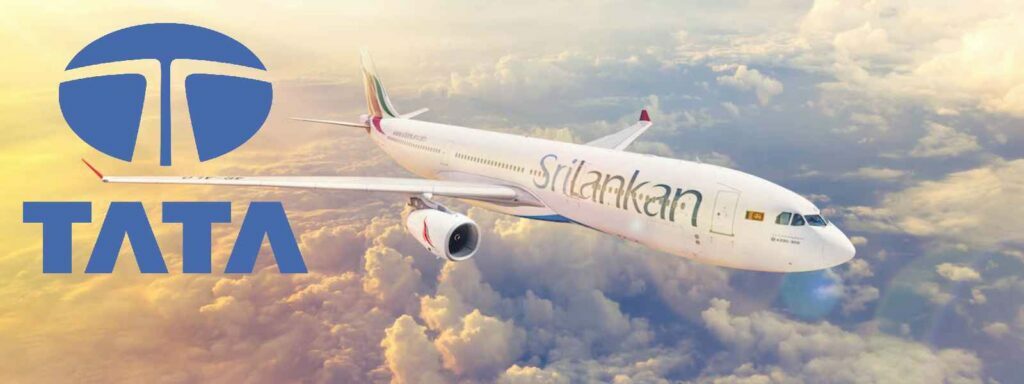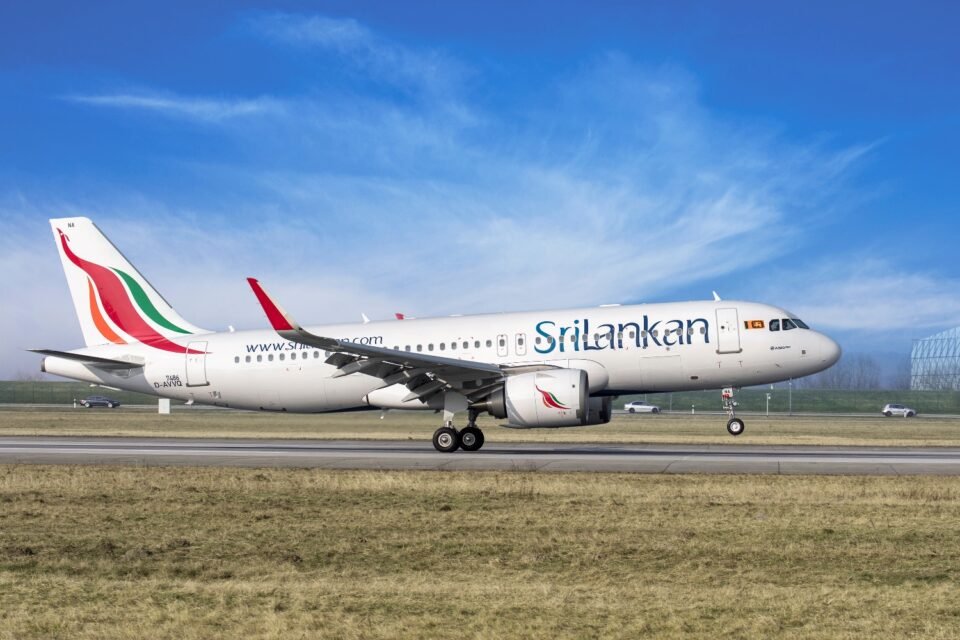Recently, the rumor mills have been operating nonstop.
Recent rumors in regional media outlets imply that India’s Tata Group would be interested in purchasing a sizeable share in SriLankan Airlines. The government-owned flag carrier has had a difficult few years and racked up a significant amount of debt. Due to this and the terrible economic challenges the nation is experiencing, the Sri Lankan government has no alternative but to privatize the airline, a decision that the Indian government recently made.

It’s interesting to note that SriLankan Airlines last achieved profitability prior to 2008, when Emirates owned and controlled it in full. After the Emirates group sold its 43.63% ownership to the Sri Lankan government and incurred losses of more than $800 million in the first seven years under state control, things started to go south.

Tata to Sri Lankan?
The future of Sri Lanka has seemed hazy for a time, but News Cutter has been able to corroborate a number of media stories that the government of the island country is eyeing the Tata Group as a potential buyer. Additionally, the Tatas recently purchased the loss-making Indian flag carrier Air India and have been working diligently to completely overhaul it.
The group also owns AirAsia India, Air India Express, and full-service airline Vistara in addition to the Maharaja. It is already known that Vistara and AI are being merged, and it appears that the other two subsidiaries will also suffer a similar fate. It will be intriguing to observe how SriLankan Airlines fits into the whole picture.
Richard Nuttall, CEO of SriLankan, alluded to the prospect of a partial sale of the airline to the Tatas in an interview with Zawya, saying it would be advantageous strategically given the proximity of the two South Asian countries. But at this time, everything is just conjecture.
What’s the verdict on privatization?
In today’s aviation industry, the privatization of state-owned airlines is becoming more prevalent. The management of airlines is highly complex, and lawmakers may not always be the greatest candidates. As the governments of India, Italy, and South Africa have recently discovered firsthand, this is a lesson that is frequently learnt the hard way.
It is important to remember that a lack of political will can also be a significant barrier, leading governments to only pursue privatization as a last resort. Even though privatization is generally thought to be advantageous for the future of any airline, finding the ideal private party to manage it is crucial.Mahdy I. Al-Jazzaf employed six technical variables to assess data pertaining to ten recently privatized, formerly state-owned airlines and discovered robust increase in all metrics post-privatization, with the exception of short-term profitability.
This is due to the fact that any recently privatized airline will incur large costs for growth, fleet modernization, reorganization, and facility improvement. However, the study’s findings indicated that privatization, at least in the short term, has a generally positive impact on airline performance.




